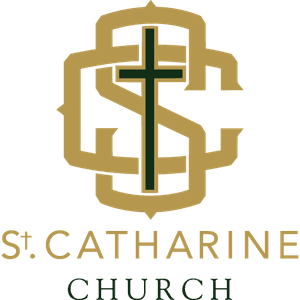Emergency Line
If you or someone you know is in danger of death from sickness or old age and wishes to receive the sacraments, please call 614-673-4355, and ask for a priest to be dispatched to your location.
You may also try our main number, 614-231-4509, and follow the prompts to reach a priest.
How do I receive this Sacrament?
If you or someone you know is in danger of death from sickness or old age and wishes to receive the sacraments, please call 614-673-4355, and ask for a priest to be dispatched to your location.
You may also try our main number, 614-231-4509, and follow the prompts to reach a priest.
Who can receive Anointing of the Sick?
The Rite of Anointing tells us there is no need to wait until a person is at the point of death to receive the Sacrament. A careful judgment about the serious nature of the illness is sufficient. The Sacrament may be repeated if the sick person recovers after the anointing but becomes ill once again, or if, during the same illness, the person’s condition becomes more serious. A person should be anointed before surgery when a dangerous illness is the reason for the intervention (cf. Rite of Anointing, Introduction, nos. 8-10).
Moreover, “the elderly may be anointed if they are in weak condition even though no dangerous illness is present. Sick children may be anointed if they have sufficient use of reason to be comforted by this sacrament.
The faithful should be encouraged to ask for the anointing, and, as soon as the time for the anointing comes, to receive it with faith and devotion, not misusing the sacrament by putting it off” (Rite of Anointing, nos. 11, 12, 13).
What about the "Last Rites?"
For those who are about to depart from this life, the Church offers the person Penance, Anointing of the Sick, and the Eucharist as Viaticum (food for the journey) given at the end of life. These are “the sacraments that prepare for our heavenly homeland” (cf. CCC, no. 1525).
These rites are highly valued by Catholics as powerful aids to a good death. Since Holy Communion is the effective sign of Christ’s Paschal Mystery, it becomes for the recipient the opportunity to unite one’s own suffering and dying to that of Christ with the hope of life eternal with him. The special words proper to Viaticum are added: “May the Lord Jesus protect you and lead you to everlasting life. Amen.”


